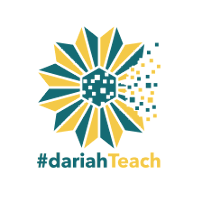Toma Tasovac, leader of the WP3 “Curriculum Development” presented the #dariahTeach project at the official launch of DARIAH Ireland, which took place on May 18th, 2015 at the National University of Ireland in Maynooth.
In his presentation, Toma Tasovac, who is also director of the Belgrade Center for Digital Humanities and National Coordinator of DARIAH Serbia, raised a series of critical question about the current state of DH materials: Why are we — as scholars who are also educators — not treating training materials as a kind of publication? Why do we not have peer reviewed journals of training materials? How many of us use taxonomies or ontologies to describe the learning objects we produce? How come we so often have to reinvent the wheel when we prepare our classes?
It is a commonplace to say that education matters and that we live in a knowledge society. A recent report of the ALLEA (All European Academies) mentions as one of its three main findings that: “Training and career progression are essential to prevent the loss of the critical skills needed to retain our competitiveness in Europe.” Furthermore, Digital Humanities is steeped in the ethos of collaboration and sharing.
“Yet how come some of us still hang on to our training materials like grim death, hiding them behind our university proxies or in password-protected abominations such as Moodle?” Tasovac asked.
According to Tasovac, #dariahTeach will not only fill a gap in the current educational landscape by producing vetted, high-quality, open-sourced, multilingual training materials, but will also, make us think about strategies for archiving and long-term preservation of our own training materials.




